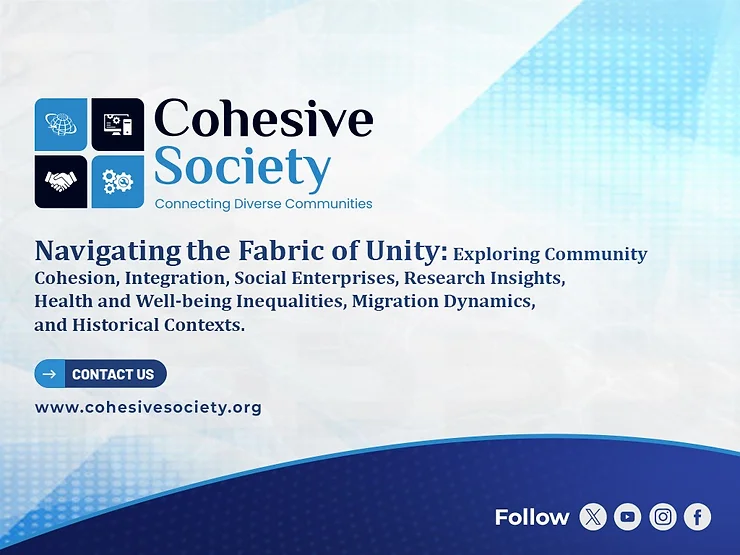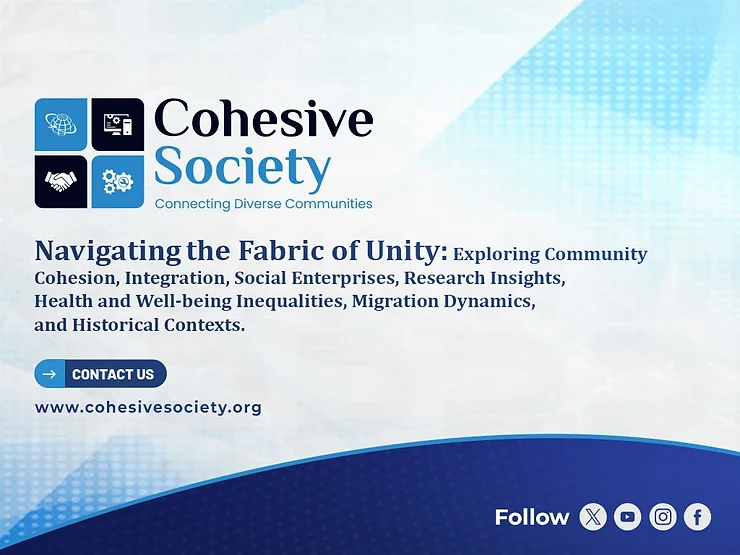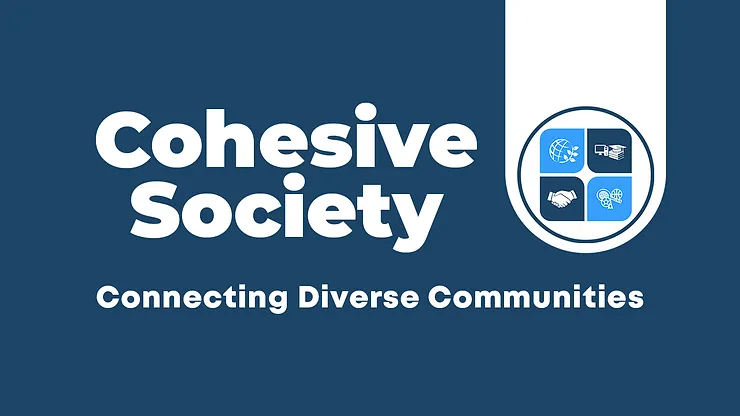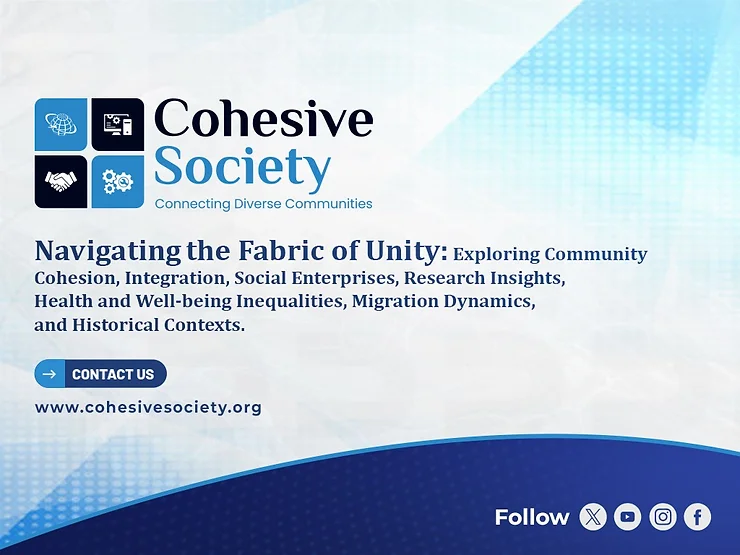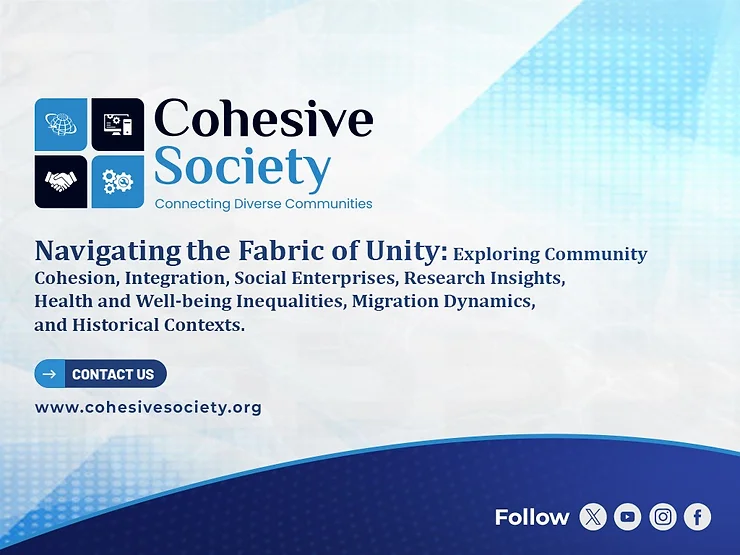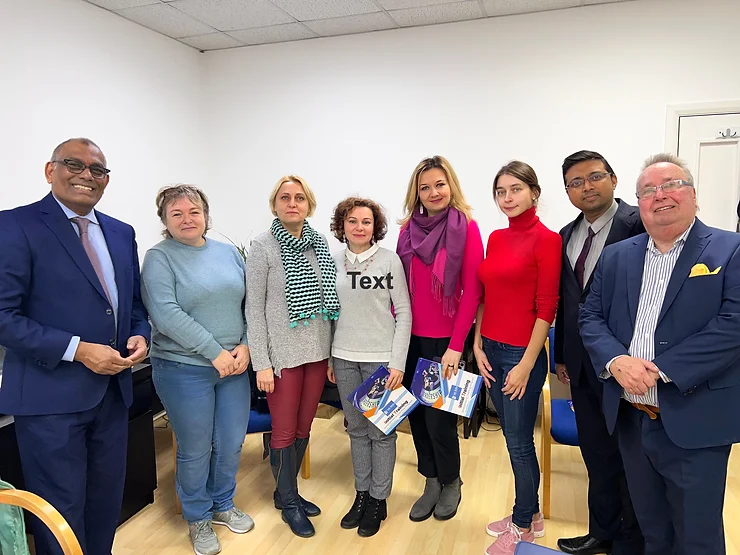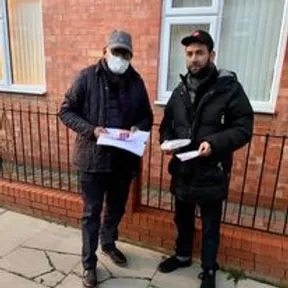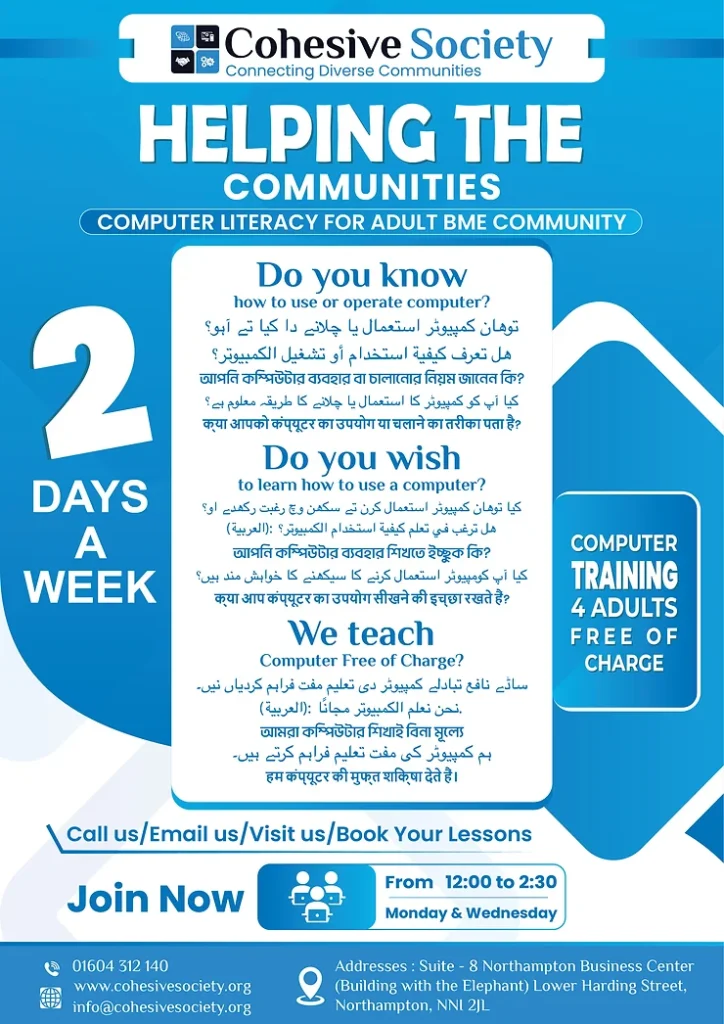Empowering Bangladeshi Diaspora During These Trying Times

SPEECH BIRMINGHAM 29 October 23
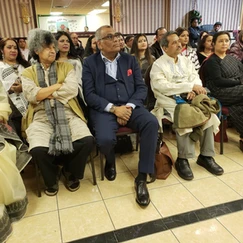
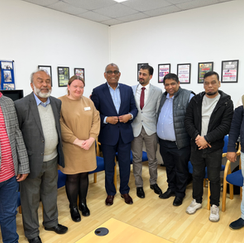

Let us shed light on a pressing issue affecting the Bangladeshi community, particularly in the United Kingdom: empowering our diaspora during these trying times. It is a matter of utmost importance that we address the extent of the lack of empowerment, understand its causes and demography, and provide statistics, facts, and figures that illustrate the current situation. Furthermore, I will discuss remedies and the vital role community leaders and interlocutors can play in this endeavour.
Let us begin by acknowledging the incredible contributions that the Bangladeshi diaspora has made to the UK over the years. Our community has played a pivotal role in enriching British society through various fields, including business, healthcare, education, and culture. However, despite these accomplishments, we must recognise that many within our community still need to overcome significant challenges to achieve true empowerment.
The lack of empowerment within the Bangladeshi diaspora in the UK is evident in multiple aspects of life. Economically, most of our community is trapped in low-paying jobs, struggling to make ends meet. According to recent statistics, the Bangladeshi community has one of the highest poverty rates among all ethnic groups in the UK. This lack of economic empowerment is further exacerbated by educational disparities, with a lower percentage of Bangladeshi students achieving higher qualifications than the national average.
Healthcare disparities, with higher rates of certain health conditions within our community, are often due to limited access to healthcare services. The lack of representation in political and civic institutions has also left our community voiceless in crucial decision-making processes. These issues are further compounded by cultural and language barriers, making it difficult for many Bangladeshi individuals to access essential services and support.



To truly understand the causes behind these disparities, we must recognise that they are deeply rooted in historical and systemic factors. Discrimination, bias, and stereotypes have played a significant role in limiting opportunities for the Bangladeshi community. Structural inequalities in education, employment, and healthcare have perpetuated these challenges over generations.
Now, let’s examine some facts and figures that highlight the current situation facing the Bangladeshi diaspora in the UK:
- Economic disparities: Nearly 50% of Bangladeshi households in the UK are in income poverty, compared to the national average of around 20%.
- Educational attainment: A lower percentage of Bangladeshi students achieve five or more GCSEs at grades A*-C, compared to the national average.
- Employment: A significant portion of the Bangladeshi community is concentrated in low-skilled and low-paying jobs, limiting economic mobility.
- Health inequalities: The Bangladeshi community has higher rates of certain health conditions, such as diabetes and heart disease.
- Political representation: Despite being one of the largest ethnic minority groups in the UK, the Bangladeshi community is underrepresented in political and civic roles.
Now, the question arises: How can we address these disparities and empower the Bangladeshi diaspora in the UK?
First and foremost, community leaders and interlocutors must step up and advocate for change. This includes working closely with local and national governments to create policies that promote equal opportunities for the Bangladeshi community. These policies should improve educational outcomes, increase access to quality healthcare, and create pathways to better employment opportunities.



Community leaders can also play a pivotal role in fostering a sense of unity and pride within the Bangladeshi diaspora. Organising events, cultural programs, and workshops can promote a strong sense of identity and belonging among our community members.
Furthermore, mentorship and support programmes should be established to guide young Bangladeshi individuals in pursuing higher education and career paths. By providing them with the necessary resources and guidance, we can empower the next generation to break free from the cycle of poverty and inequality.
Engaging with mainstream media and organisations to challenge stereotypes and biases is another critical step towards empowerment. We must ensure that our voices are heard and our stories are accurately represented in the media.
In conclusion, the empowerment of the Bangladeshi diaspora in the UK is a cause that demands our attention and action. We have the potential to overcome the existing disparities and create a brighter future for our community. By working together, advocating for change, and providing support and opportunities for our youth, we can pave the way for a more empowered and prosperous Bangladeshi diaspora in the United Kingdom.
Let us stand united in our pursuit of empowerment and equality for all community members.

